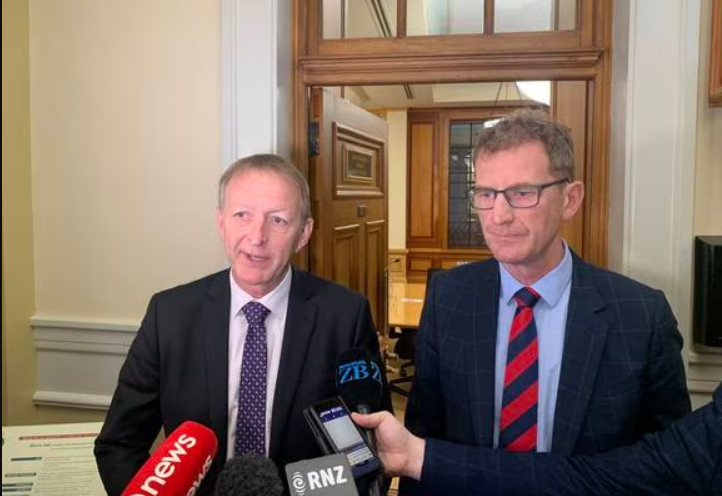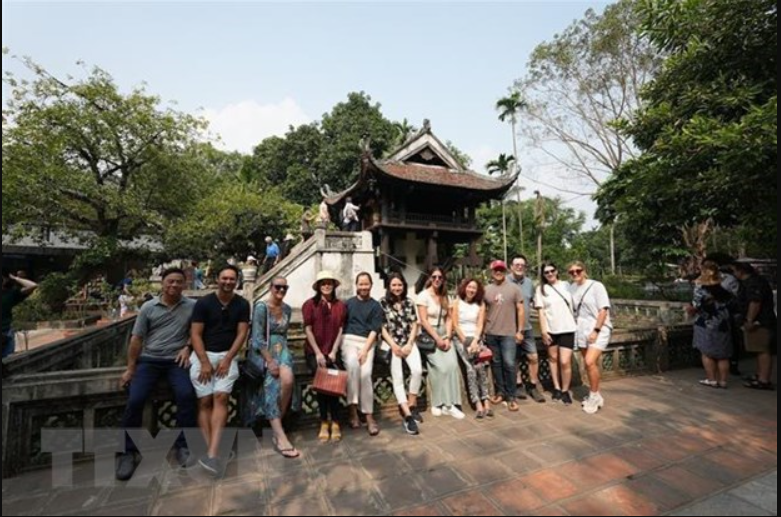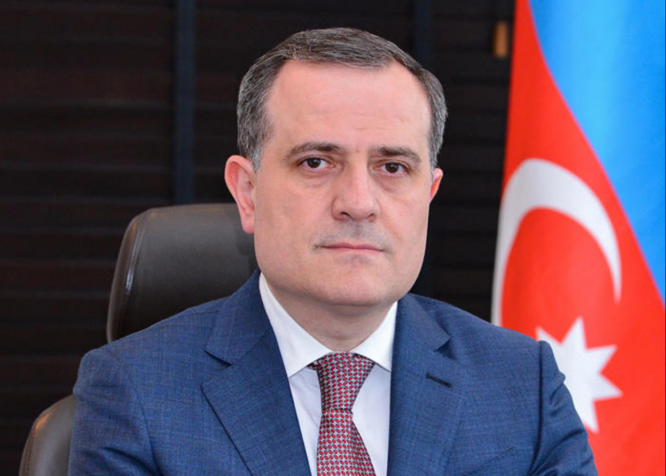Prime Minister Chris Hipkins isn’t sure he and other ministers should be removed from Parliament’s Intelligence and Security Committee to increase its independence, as suggested by a review of the Act.
The inaugural review of the Intelligence and Security Act 2017 (ISA) was brought forward to March 2022 to consider Royal Commission of Inquiry recommendations from the 2019 Christchurch terrorist attack.
The Prime Minister and other ministers should not be committee members, as in Australia, Canada, and the UK, was one of numerous proposals.
Prime Ministers head the committee under the ISA.
The writers believed the committee was too weak to “undertake meaningful scrutiny” of the New Zealand Security Intelligence Service and Government Communications Security Bureau.
The evaluation stated that the committee cannot provide oversight in its current structure.
“We know from discussions with previous and present committee members that it has not performed this function to date and, given its make-up and resources, it would have been unreasonable to expect it to.”
The study recommended MPs from “significant parties represented in Parliament” serve on the committee and report on operational issues including intelligence collecting and production.
Hipkins said he would review the report and “await advice assessing the potential impact” of the proposals before making a decision. He planned to consult others.
“While responding to the review will take time, we are committed to doing so in a timely manner to ensure the act remains clear, effective, and fit for purpose,” he added.
Hipkins told media he wasn’t sure the recommendation was the best but will investigate it.
“In reality, me as the Minister for National Security and Intelligence, and also the leader of the Opposition, who has interaction with the security agencies and also international interaction in this space, can actually bring a different perspective that a backbench member of Parliament might not be able to, and my view is that that can enhance scrutiny,” he said.
“I can also see the point of the [recommendation] where having ministers who have day-to-day responsibility for the intelligence and security agencies also involved in their scrutiny can create a bit of a perception challenge as well.”
He agreed the committee might enhance its oversight of the agencies.
Hipkins indicated his wish to keep national security out of politics during one interaction with other political parties regarding the review’s conclusions.

“I think we should be mature enough to have constructive conversations across Parliament about national security matters.”
The committee might also oversee the police and the New Zealand Defence Force.
The panel also recommended defining “protection of national security” and eliminating the distinction between warrants for New Zealand citizens and non-citizens.
The writers noticed that non-citizens were simpler to get warrants to defend national security than citizens.
Intelligence agencies and “other parties” interviewed in the review agreed it should be removed.
“New Zealanders and non-New Zealanders would be treated alike in relation to warrants for the protection of national security, and non-New Zealanders would benefit from the higher standard presently applicable only to New Zealanders,” the study stated.
A minister and a “Commissioner of Intelligence Warrants” would approve all warrants, ensuring privacy. The study noted the two sorts of warrants were typically obtained combined, making the difference pointless.
However, the authors advised keeping the distinction between warrants for citizens and non-citizens for acts that will “contribute to New Zealand’s international relations and wellbeing or to its economic wellbeing”.
This form of warrant can only be issued against a New Zealander if there are reasonable grounds to think that they are a foreign agent.
The legislation should define “protection of national security” as there is no present definition, even though a previous review urged for one.
The measure required warrants for “otherwise unlawful activities” to “contribute to the protection of national security,” the study added.
National security should preserve New Zealand’s territorial integrity and safety, democratic institutions, multi-cultural social fabric, and fundamental interests, according to the writers.
“A definition would constrain the agencies, guide those with oversight responsibilities under the ISA, and improve public understanding of the agencies’ work.”





